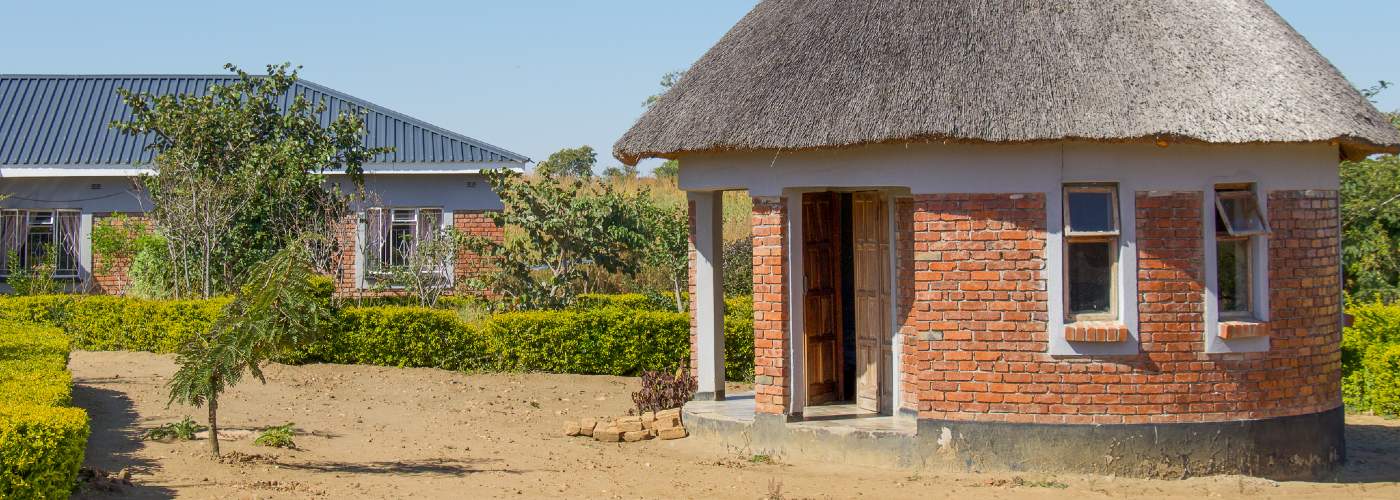Shifting the Narrative: Cultural Innovation for the Promotion of Adolescent SRHR
This case study showcases the importance of working with a critical mass of traditional leaders on adolescent SRHR campaigns.

This case study showcases the importance of working with a critical mass of traditional leaders on adolescent SRHR campaigns.
The case study is about the ways youth take a leadership role in safe abortion advocacy. It is part of the Regional SRHR Fund’s documentation of case studies aimed at supporting cross learning and knowledge sharing to enable organizations conceptualize, design and coordinate adolescent SRHR advocacy.
This study maps out the multiple ways in which art can function as a medium to advocate for climate justice. It presents ten case studies and concludes with opportunities, challenges and recommendations to foster “artivism” for climate justice.
The R.O.O.M program developed this Financial Management and Sustainability Toolkit to support creatives in East Africa in planning for and delivering financially healthy enterprises.
This research explores the utility and viability of digital technologies in the production and promotion of critical audio-visual content by creatives.
This toolkit is a result of several interventions that have been carried out between 2017 and 2022 by Resource Of Open Minds (R.O.O.M) project at Hivos.
Faces, voices and dreams of the Indigenous women of the Amazon
This photobook is a compilation of photographs and interviews to Indigenous women from the Amazon Basin with special emphasis on leaders from Ecuador, Peru, and Brazil.
Her Stories is a Hivos She Leads project newsletter showcasing some of the community work and impact by Hivos and partners involved in the project.
This publication is a rich collection of articles, essays, stories and photographs that highlight a growing understanding of LGBT rights struggles and realities on the African continent.
We interviewed seven future-oriented activists, artists and academics. We asked them, “How can we counter the digital monoculture?”
Summary of Findings – In 2021, Hivos East Africa with support from the European Union commissioned a study to assess the transparency gaps and milestones of funds allocated and utilized for COVID-19 response and recovery in Kenya.
Research: In 2021, Hivos East Africa with support from the European Union commissioned a study to assess the transparency gaps and milestones of funds allocated and utilized for COVID-19 response and recovery in Kenya.